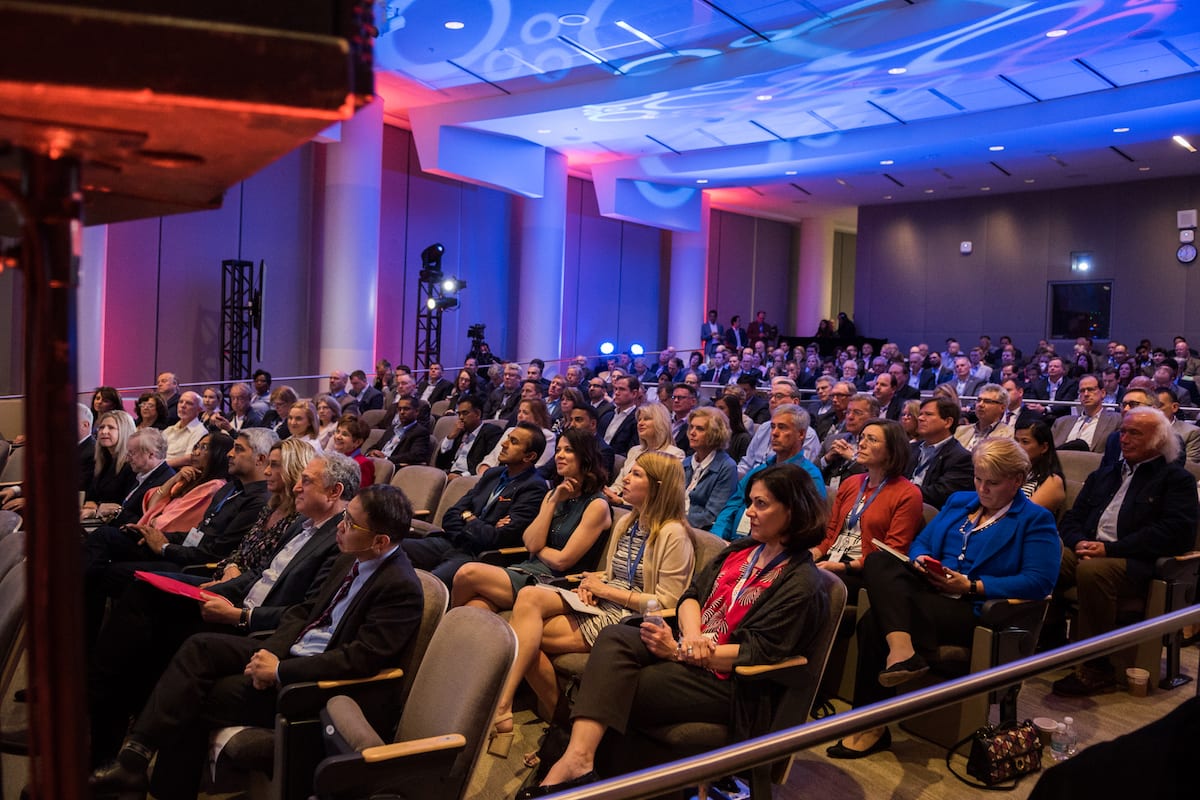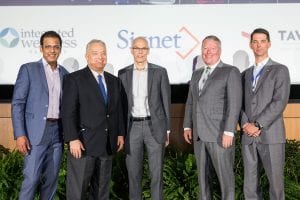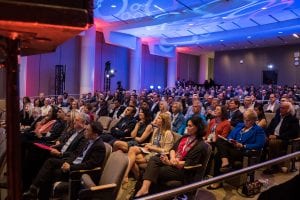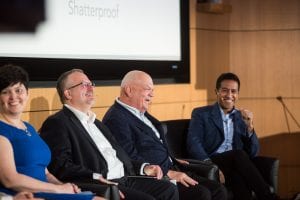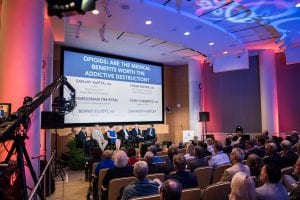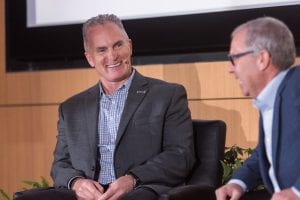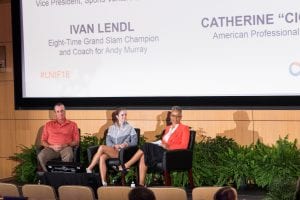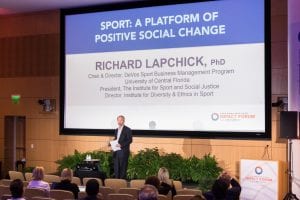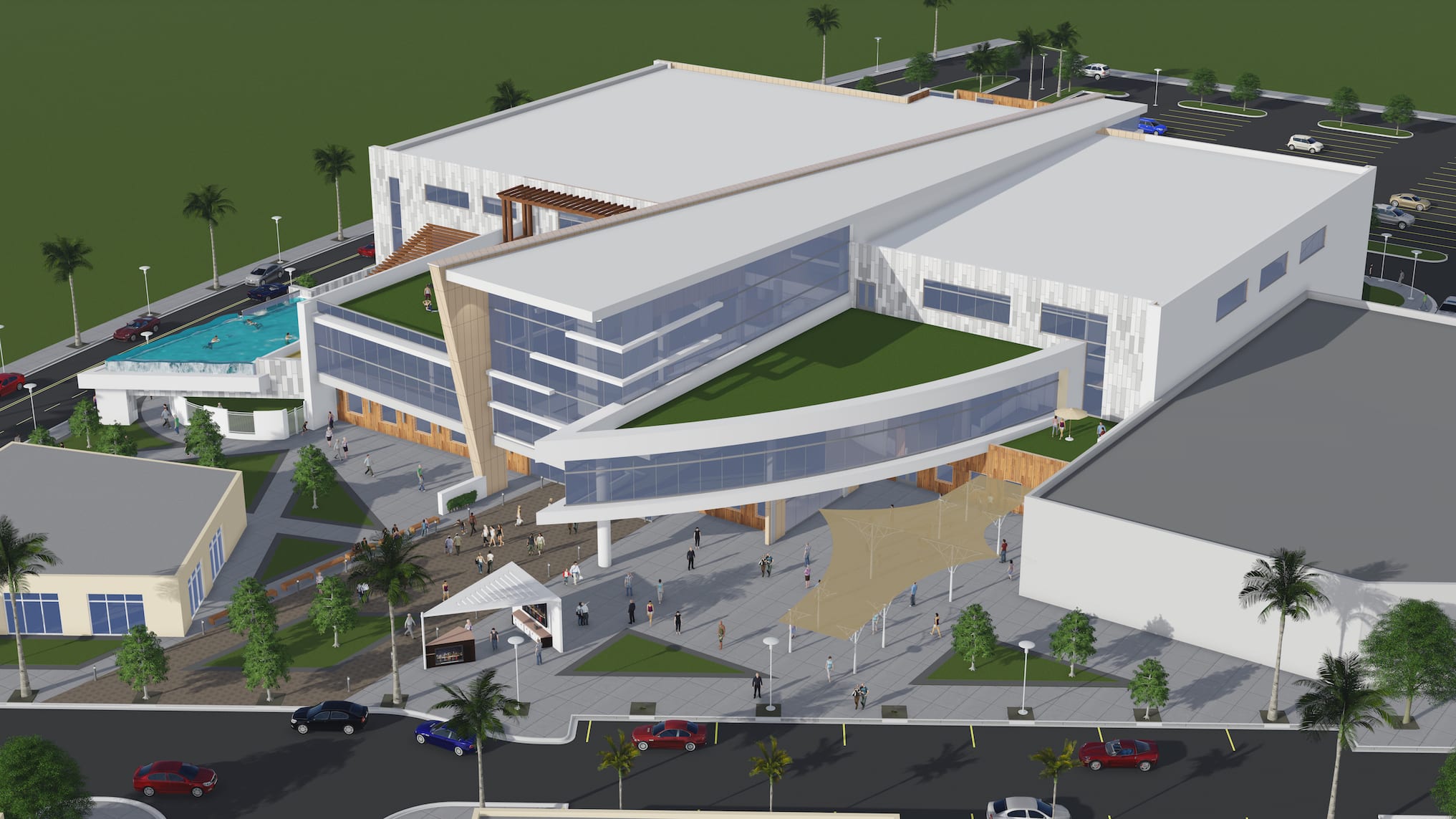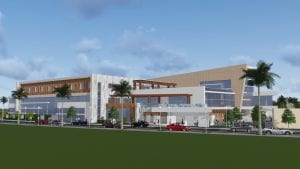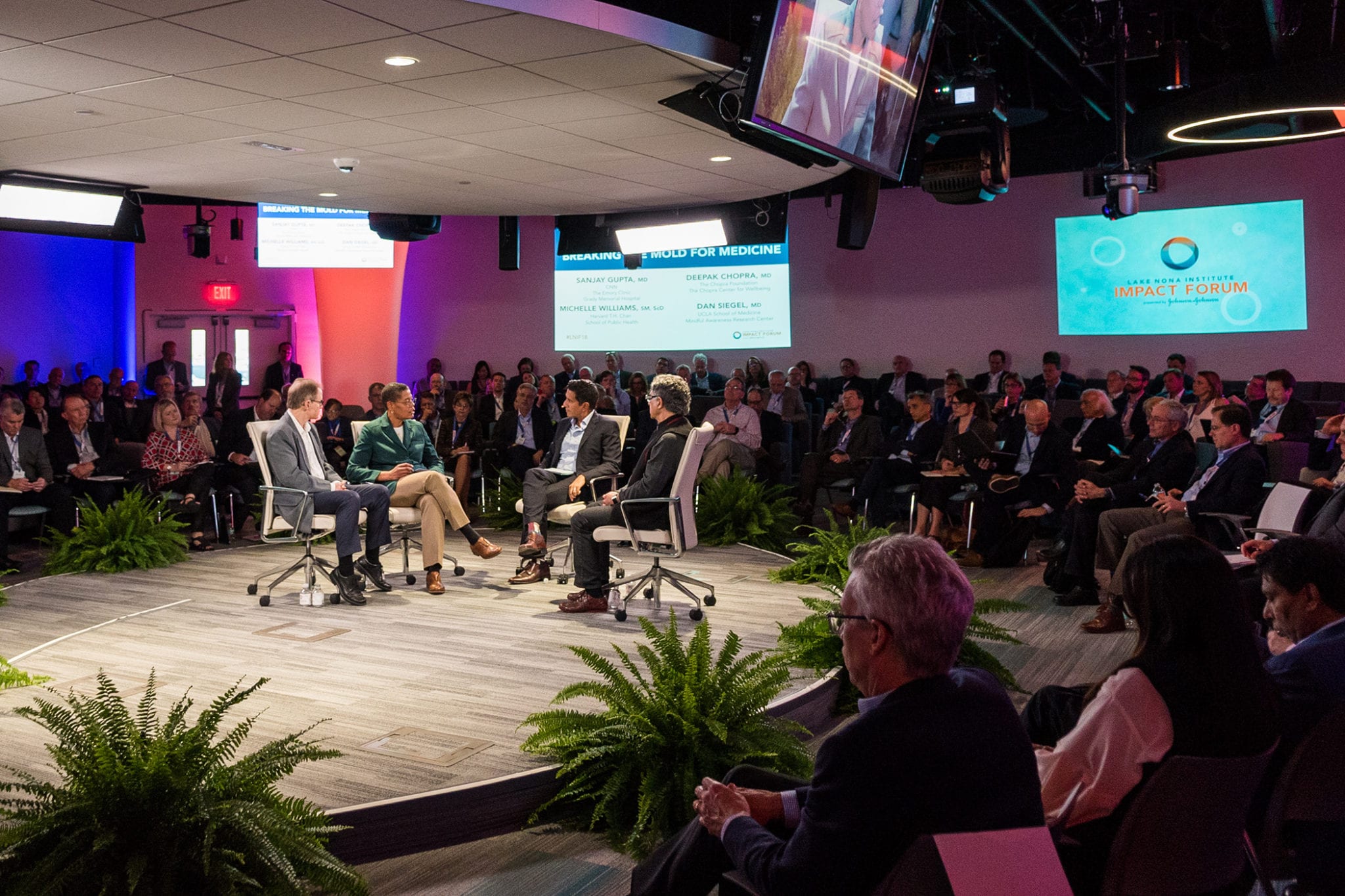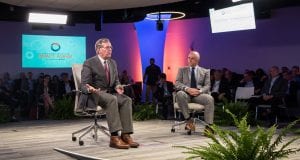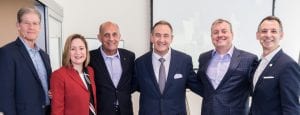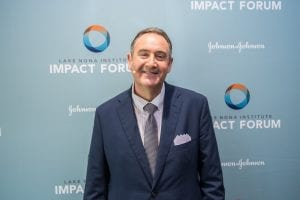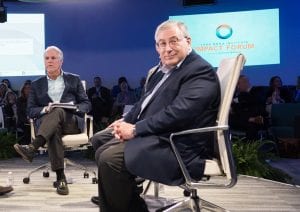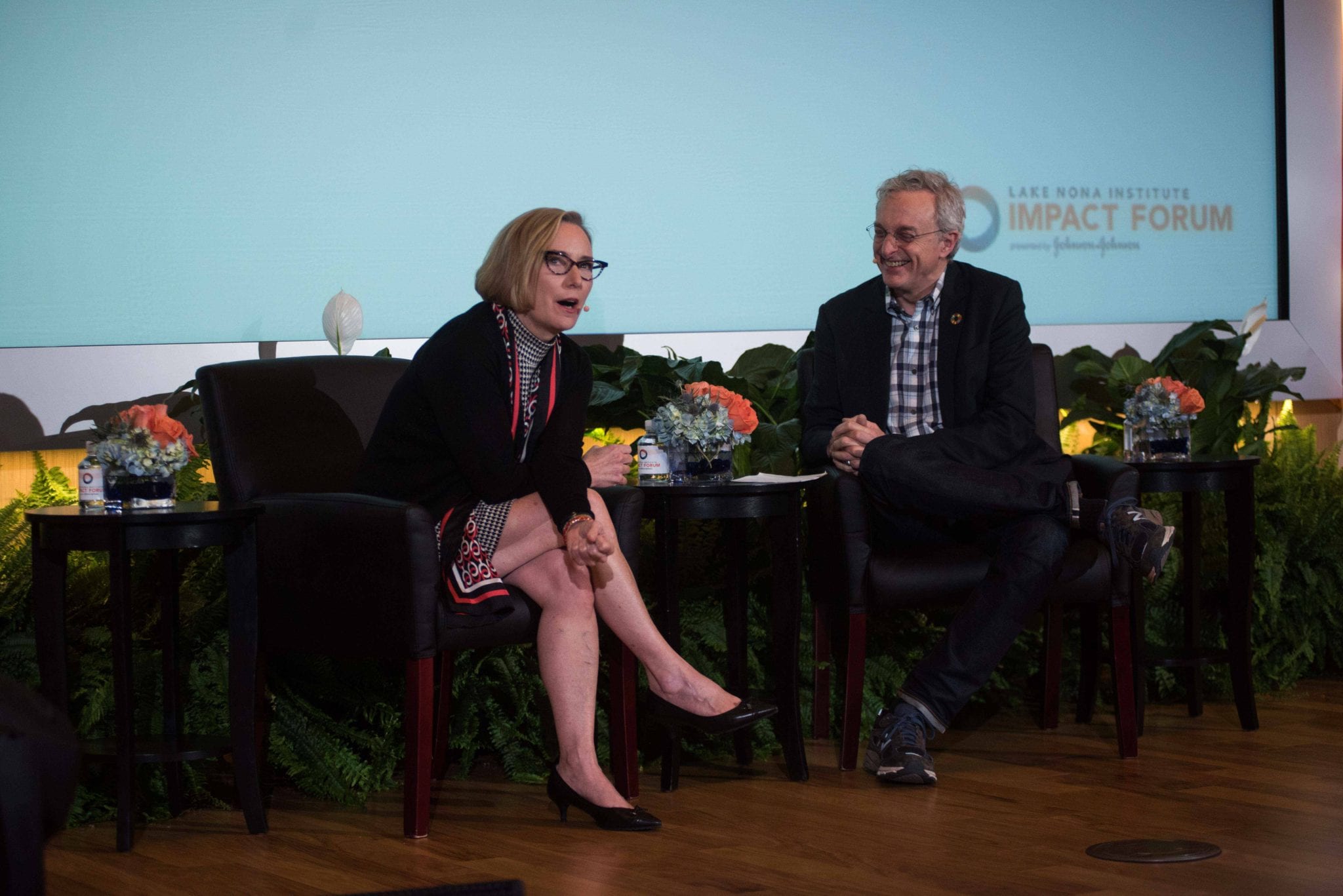
Guest Post by Sandi Peterson, Group Worldwide Chair at Johnson & Johnson
Originally published on LinkedIn on March 5, 2018
Resilience & Empathy. These are the most important skills you need in leadership, but you’re not likely to learn much about them in business school or through traditional leadership development programs.
Last week I was at the Lake Nona Impact Forum in Orlando, Florida, which brings together 250 thought leaders who are accelerating innovative solutions that aim to make a difference in the future of health for people around the world.
Think about that for a minute. These are the best and brightest minds from across business, industry, academia and government who are collaborating to solve problems and help people live healthier and better lives.
We want these leaders to succeed. We need them to succeed.
And yet, too often, people in leadership positions don’t prioritize their own health and wellbeing. The complexity, pace and unrelenting stress of today’s world are taking a toll on leaders – with an increasing number of unexpected departures due to physical health issues, mental and emotional burnout, or poor ethical decisions. And the problem for health care providers, such as doctors and nurses, is just as alarming.
Leadership development and wellbeing is a topic we’re passionate about at Johnson & Johnson. Here are a few things I shared last week at #LNIF18 about why we need to create resilient, empathetic and character-centered leaders.
The pressure is on…and the demands are only increasing.
In turbulent times, it’s easy for leaders to get disconnected from their purpose and what matters in life. What we hear is that leaders – people who are supposed to be the role models – are sacrificing their health, their relationships, and sometimes even their values to meet short-term business goals. Many feel emotionally isolated in their roles because they don’t know who they can talk to or who they can trust. Ultimately, this causes them to feel overwhelmed and question their ability to be successful.
Today’s leaders need a new set of competencies and new level of resilience.
After more than 30 years of research in behavior science, and through extensive training of remarkable leaders – including Fortune 500 CEOs, professional athletes, healthcare professionals and military Special Forces – at the Johnson & Johnson Human Performance Institute, we’ve learned a lot about how to help people get to their best physically, emotionally and mentally, and sustain it over longer periods of time.
Business acumen is only one piece of the puzzle. How you behave and the strength of your character is just as important, if not more so, than making your numbers. We know the demands of today’s always on, 24/7 digital-first world are not going to change. That’s why building mental and emotional resilience is critical, not just to manage stress but to develop the capacity to take on more and to lead and partner with others.
We can help people become strong, healthy, and purpose-driven leaders.
We know that if we invest more deeply in our leaders as they get to a certain level within their career, then we can improve their overall leadership trajectory. To do this, you need to go beyond training them on how to lead a business, to also helping them understand how to better take care of themselves, how to manage stress and anxiety, and identify other areas of vulnerability that could derail them.
We work with CEOs and senior leaders within and outside of Johnson & Johnson through Premier Executive Leadership, a unique and holistic executive development program that focuses on physical wellbeing, mental and emotional resilience, and character-based leadership.
It’s good for people and it’s good for business.
Not only is this the right thing to do, but investing in human performance and energy management has demonstrated a proven ROI with strong links to improved market performance realized through decreased health care costs, all while increasing employee engagement and productivity. As a result, business performance improves as well as shareholder value.
We all work hard to live a life that matters, to make a difference in the world and to leave a meaningful legacy. As leaders, we need to invest in ourselves, and in those around us, so we can achieve our personal and leadership aspirations.

